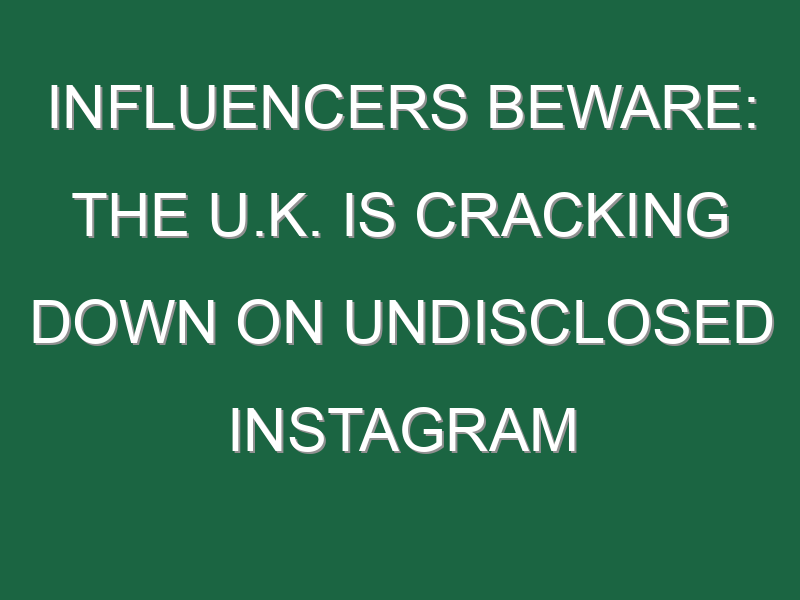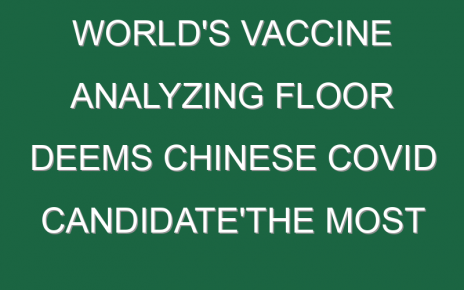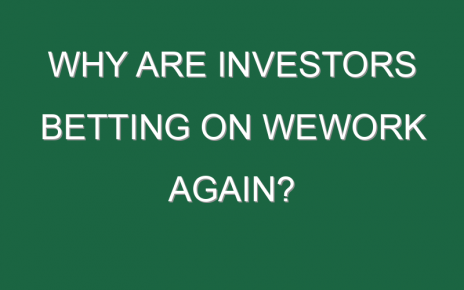Facebook’s Instagram unit has bowed to the demands of British regulators and agreed to crack down on hidden advertising in influencers’ posts.
It’s a longstanding issue—influencers are, well, influential, and that makes them useful for endorsing products and services, but it’s often far from clear when they’re being paid for these endorsements. In the U.S., the Federal Trade Commission (FTC) has for years been trying to rein in such misrepresentation, and in the U.S. the same task falls to the Competition and Markets Authority (CMA).
Last year, the CMA pressured popular Instagram influencers such as Zoella and Ellie Goulding into properly disclosing the payments, gifts and loans they receive in exchange for promoting products. And now Instagram itself is falling in line.
“Instagram will prompt users to confirm if they have been incentivized in any way to promote a product or service and, if so, require them to disclose this fact clearly,” the watchdog said Friday. It added that the company will extend its “paid partnership” tool to all users, so they can clearly label posts that are essentially advertising.
“For too long, major platforms have shied away from taking responsibility for hidden advertising on their site,” said CMA CEO Andrea Coscelli in a statement. “So, this commitment to tackle hidden adverts and overhaul the way people post on Instagram—making it difficult for users to ignore the law—is a welcome step forward.”
The influencers aren’t the only targets here—the advertisers themselves will also have to play ball.
Instagram will “use technology and algorithms designed to spot when users might not have disclosed clearly that their post is an advert and report those users to the businesses being promoted,” the CMA said, while businesses will also get a new Instagram tool that helps them monitor how their products are being promoted on the platform.
So if companies spot that an influencer is shilling for their products and services without disclosing as much—perhaps due an unscrupulous agency organizing the promotion—they are supposed to “take action where appropriate, including asking the platform to remove posts if necessary.”
“These changes mean there will be no excuse for businesses to overlook how their brands are being advertised either—making life a lot harder for those who are not upfront and honest with their followers,” said Coscelli.
The changes will only apply to users in the U.K. and those who direct their Instagram posts at them. However, hidden advertising on the platform is hardly an exclusively British problem.
Earlier this year, the FTC said it was considering updating its non-binding endorsement guides for advertising. In February, FTC Commissioner Rohit Chopra said it may be necessary to create new requirements for social-media platforms and advertisers and whether to activate civil penalty liability”—particularly as enforcement of the informal rules has let companies essentially get away with undisclosed advertising, without incurring any penalty.
Fortune has asked Instagram whether it intends to roll out its new U.K.-specific tools elsewhere in the world too, but has received no response at the time of writing.
More must-read tech coverage from Fortune:
- Ousted Pinterest exec says more transparency needed to fight Silicon Valley pay discrimination
- The polls are wrong. The U.S. presidential race is a near dead heat, this A.I. “sentiment analysis” tool says
- Everything to know about Apple’s first 5G iPhones
- Facebook A.I. researchers push for a breakthrough in renewable energy storage
- Zoom’s newest feature will provide a marketplace for virtual events and services




